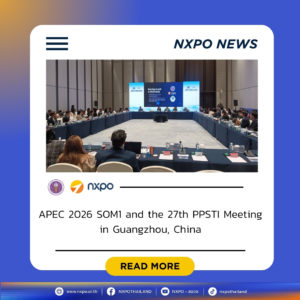On 29 September 2025, NXPO, in collaboration with the Functional Food Hub of Talent for Competitive Advantage of Thailand under the Council of University Presidents of Thailand (CUPT), the Thai Food and Drug Administration (FDA), and the Thai Chamber of Commerce, convened a stakeholder consultation on strategies to expand safety and health claims assessment laboratories. The session was opened by Dr. Siriporn Pittayasophon, Vice President of NXPO, and Asst. Prof. Dr. Peerapong Pornwongthong, Head of the Functional Food Hub of Talent for Competitive Advantage of Thailand.

Dr. Siriporn explained that the consultation aimed to gather input from stakeholders on the current situation, challenges, and opportunities related to expanding food safety and health claims evaluation capacity, particularly in the areas of medical foods and personalized foods. She noted that the global market value of this sector reached over 230 billion THB in 2024, with annual growth of 8–10%. In Thailand, the market was valued at 9.5 billion THB domestically and 7 billion THB in exports. With Thailand entering an aging society, demand for specialized foods is expected to grow steadily.
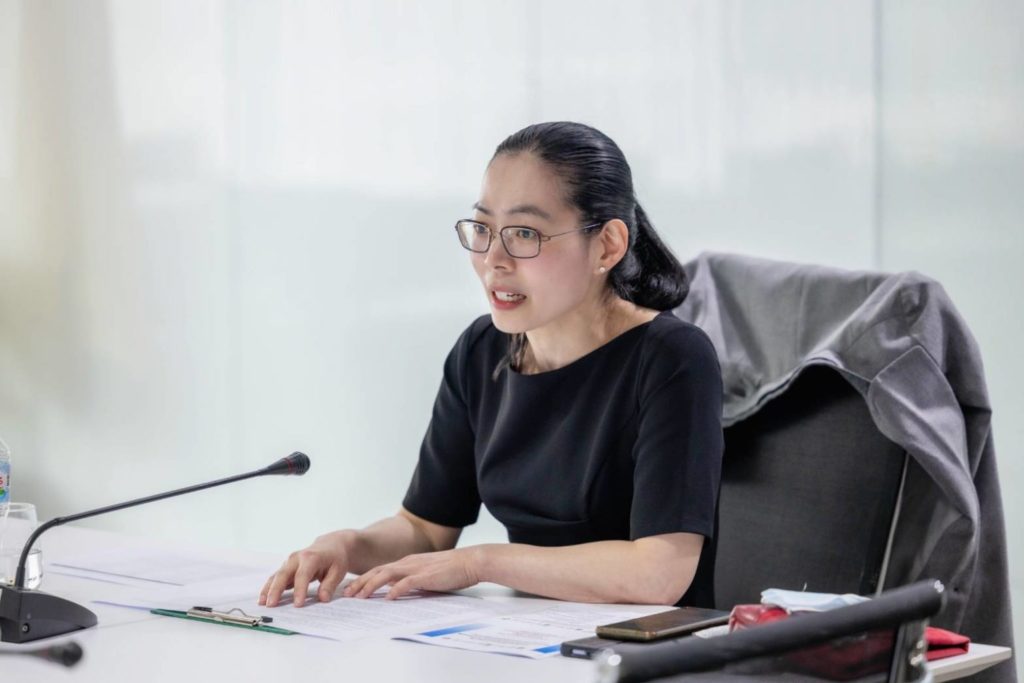
Despite this potential, Thailand’s product evaluation system remains limited by the number of accredited agencies and qualified experts, creating bottlenecks in product development, regulatory approval, and commercialization. Dr. Siriporn emphasized that expanding evaluation labs and building expert capacity through training would be key to overcoming these barriers, supporting the growing workload from both industry and research, and raising Thailand’s standards to compete internationally.
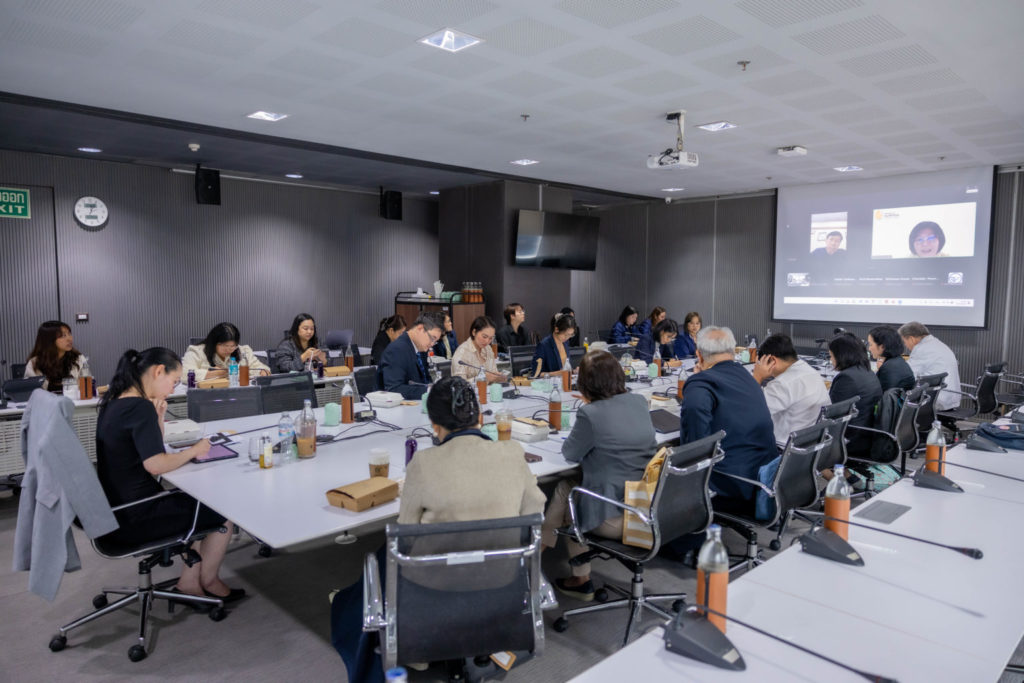
“Today’s meeting marks the first step toward drafting policy recommendations to increase evaluation capacity and develop specialized experts suited to Thailand’s needs. This will strengthen the country’s ability to advance innovative food products and enhance long-term economic competitiveness. Today’s insights will lead to actionable recommendations that can drive both policy and practice,” said Dr. Siriporn.
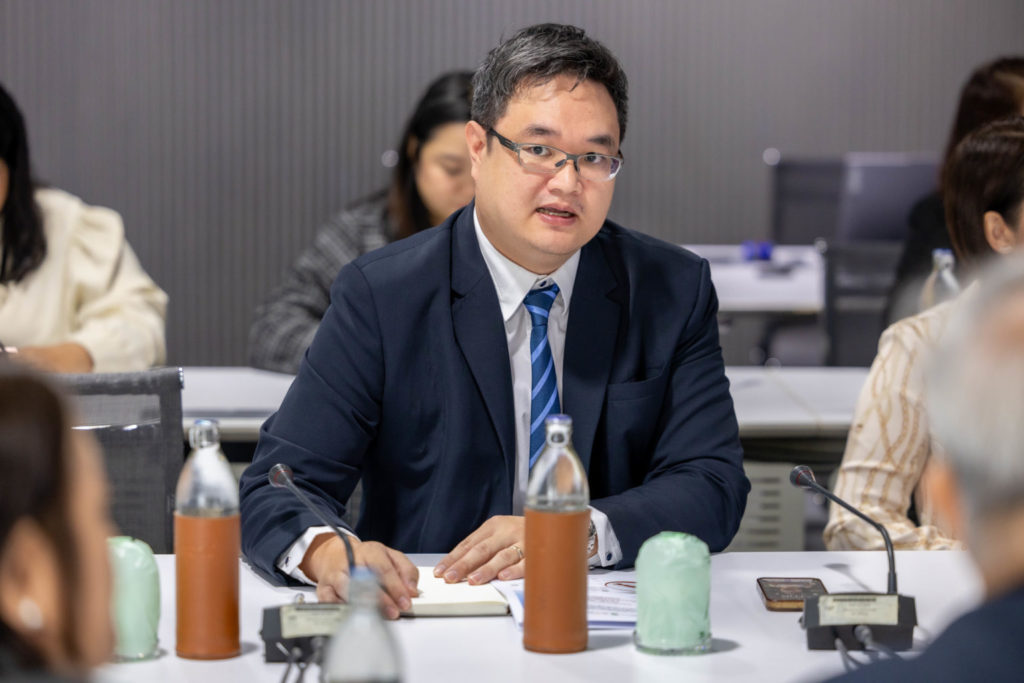
Dr. Peerapong underscored the importance of collective action, stressing that advancing Thailand’s future food industry requires collaboration across sectors. He noted that the session brought together experts in registration processes, providing insights into strategies to accelerate evaluations, thereby improving private sector competitiveness.
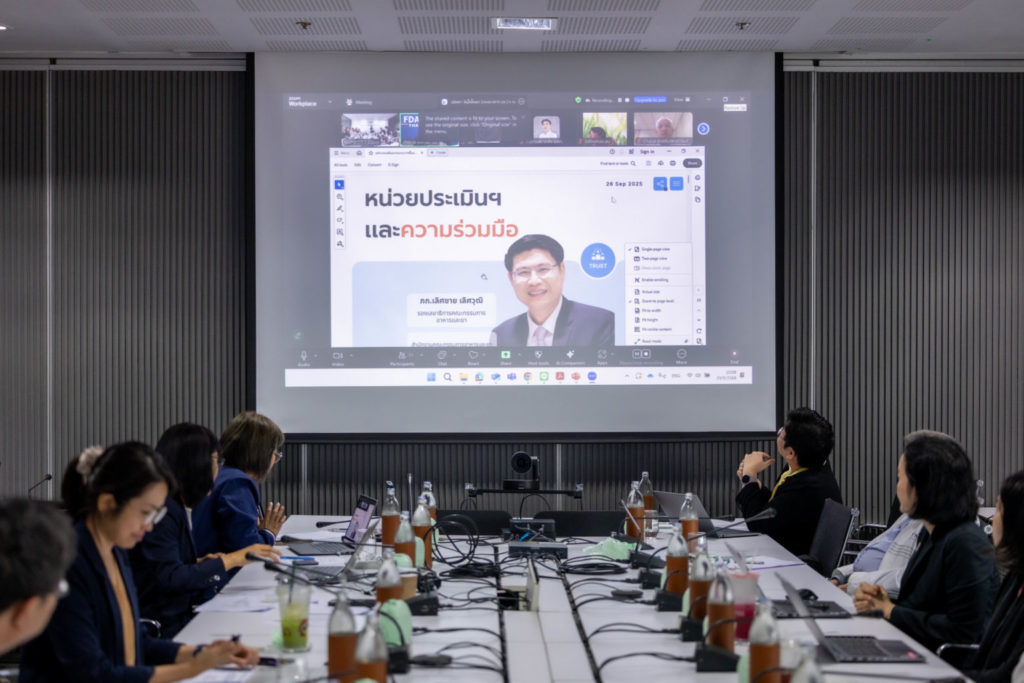
The meeting featured presentations from the Thai FDA by Deputy Secretary-General Mr. Lertchai Lertvut and Ms. Natcha Jankhaikhot, Senior Expert in Food and Drug Affairs.
Mr. Lertchai discussed global food trends, including the rise of food as medicine, and stressed the need to protect consumers and ensure food safety. He noted that while the FDA has long prioritized these issues, in recent years it has also shifted toward enhancing value creation.
“The FDA’s overarching framework is to promote Ease of Doing Business. A central part of this effort is expanding the number of evaluation labs while ensuring efficiency and quality remain uncompromised. The FDA is also revising regulations to better support industry operations and adapt to emerging trends,” Mr. Lertchai explained.

Ms. Natcha outlined regulations, registration criteria, and processes for evaluation labs, while highlighting challenges such as strengthening expert capacity, developing professional evaluation systems, integrating evaluation outcomes into policy and organizational development, and fostering expert networks and academic participation.
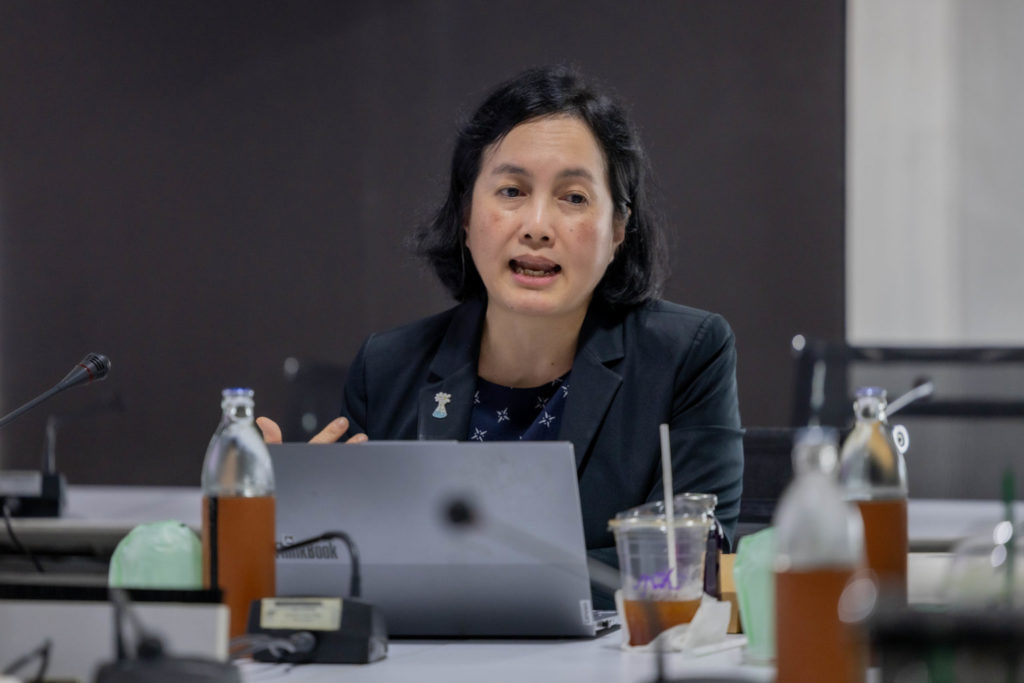
In addition, Dr. Chalinee Kongsawat, Acting Director of the Biosafety Division at the National Center for Genetic Engineering and Biotechnology (BIOTEC), shared BIOTEC’s experience as a safety evaluation unit. She explained that BIOTEC’s biosafety activities focus on developing technical standards, building technical expertise, and providing consulting services. BIOTEC has worked with the FDA to develop standards and expertise for evaluating foods derived from genetically modified organisms (GMOs). Its evaluation scope now includes GMO-derived foods, enzymes, food additives and microbial-based cleaning/disinfecting products, probiotics, and novel foods from GMOs and cultured animal cells.
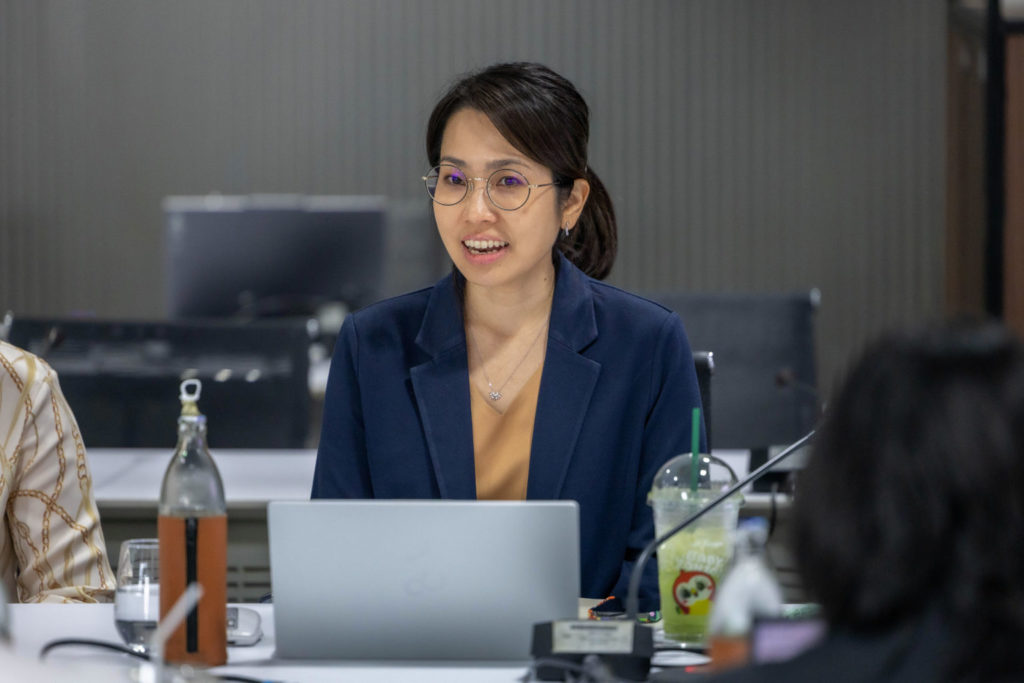
The consultation concluded with a discussion on risk-based product grouping, the development of appropriate evaluation criteria and timelines for each group, capacity-building programs, management models, and a survey to assess future demand for health claims evaluations.



